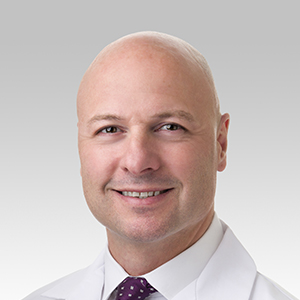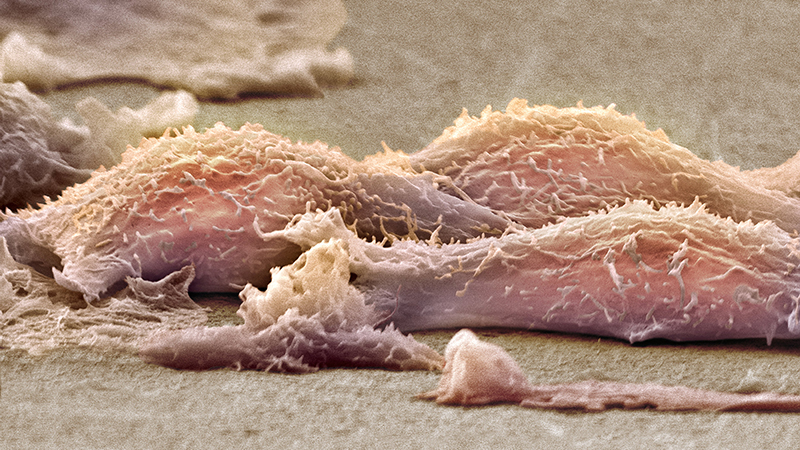GERD Symptoms You Shouldn’t Ignore
Published November 2019
How GERD Impacts Your Health
Acid reflux occurs when the acid in your stomach, which your body uses to break down food for digestion, comes up through the opening of the stomach and into your esophagus, causing an array of symptoms. If you experience acid reflux more than twice a week, you may have GERD, or gastroesophageal reflux disease. If left untreated, GERD could put you at risk for other, more serious health issues.
Don’t Ignore These GERD Symptoms
- Heartburn
- Regurgitation
- Chest pain
- Difficulty swallowing
- Frequent burping
- Pain when swallowing
- Nausea
- Vomiting
Symptoms that get worse after eating, bending or lying down may further suggest you have GERD. This includes chest pain, or heartburn, which occurs just above the stomach, caused by the contents of the stomach coming up into your esophagus.
“Typically, most patients will have heartburn and regurgitation. This means they have a burning sensation in their chest and also may get an acidic taste in their mouth after eating,” says Northwestern Medicine Chief of Gastroenterology and Hepatology, John E. Pandolfino, MD.
GERD Symptom Management
Individuals often think acid reflux is caused by too much acid, but that is not the case. Reflux occurs when the lower esophageal sphincter (a muscular valve that connects the esophagus to the stomach) either opens spontaneously or does not close properly, allowing the contents in your stomach to come back up.
Every person can experience triggers differently. Your physician may suggest certain lifestyle changes, such as avoiding high-fat or spicy foods. Citrus fruits, mint flavorings, alcohol and coffee can aggravate GERD, too.
These foods may irritate the esophagus or may make acid reflux more likely to occur by affecting the lower esophageal sphincter.
What Happens When GERD Is Left Untreated
It’s important to pay attention to GERD symptoms because gastric juices of the stomach are very powerful. Over time, those juices can damage the lining of the esophagus, explains Dr. Pandolfino.
GERD can put you at increased risk for serious health complications, including esophagitis, or inflammation of your esophagus. It can also increase your risk for a rare disorder called Barrett’s esophagus. “Barrett’s esophagus can cause abnormal cells to develop in the esophageal lining, so it’s an underlying risk for cancer,” explains Dr. Pandolfino. It affects a very small population and is something that can easily be managed to reduce the risk of cancer.
Several treatment options are available for GERD. If you have symptoms, schedule an appointment for an evaluation.






